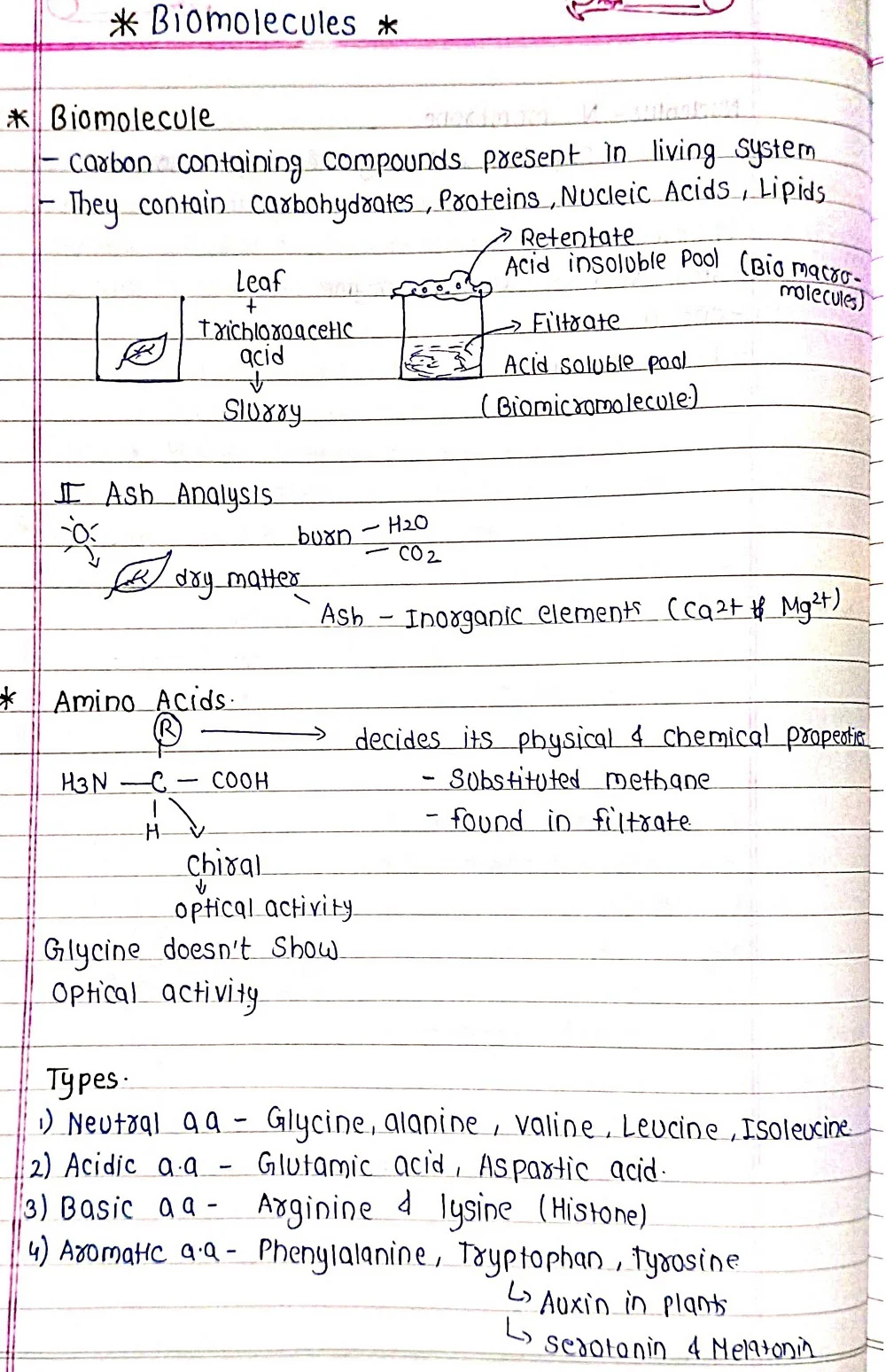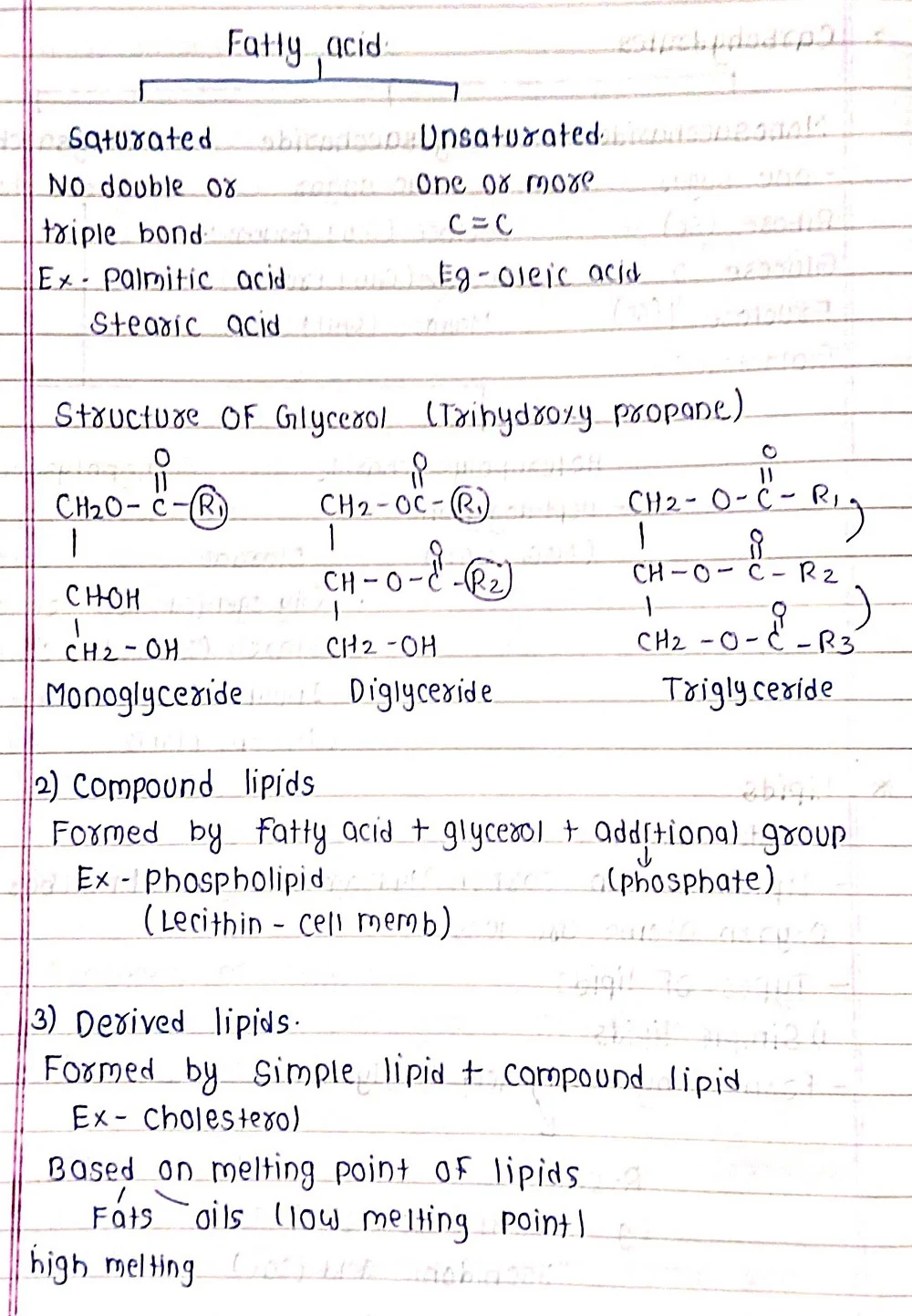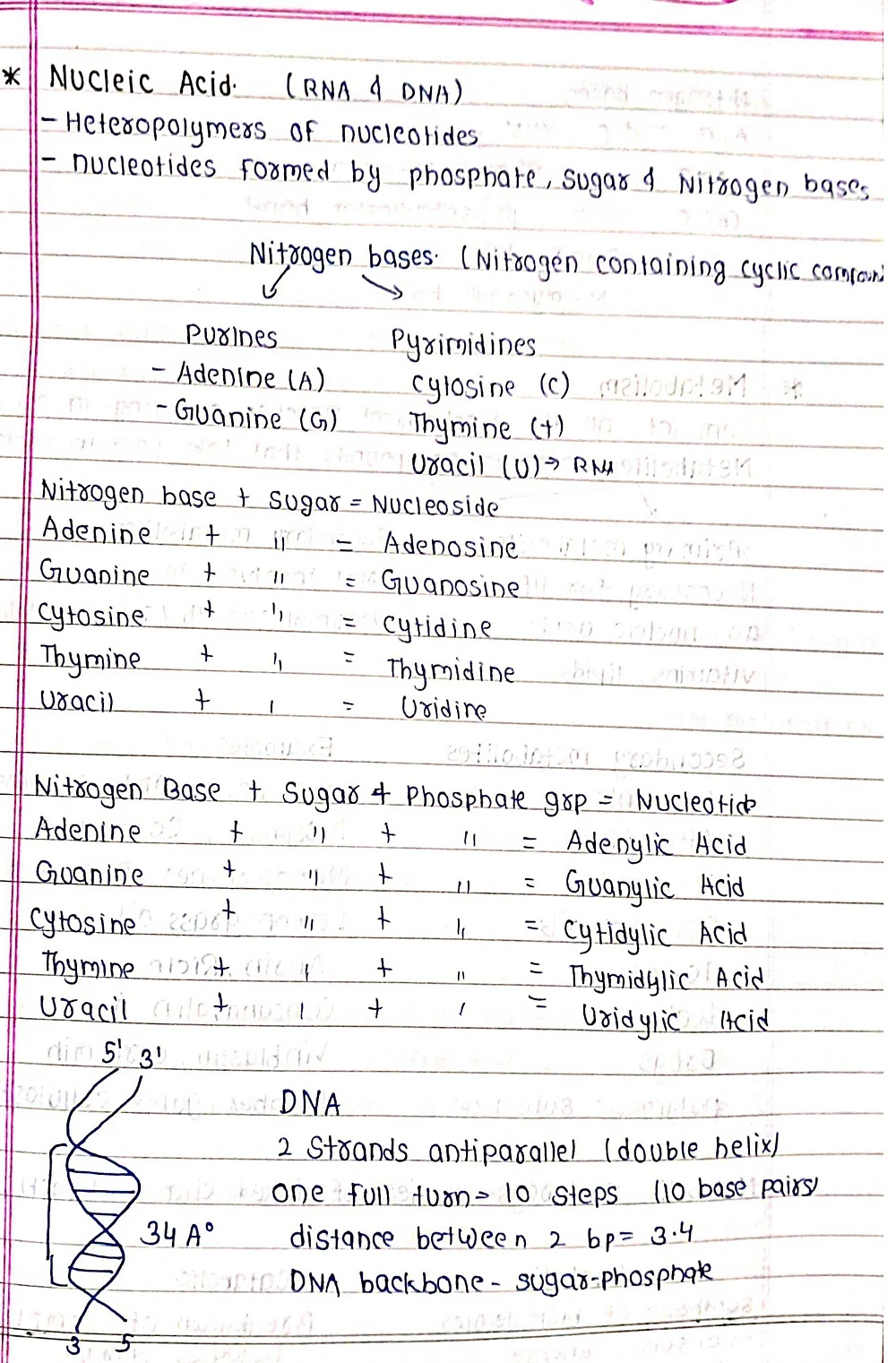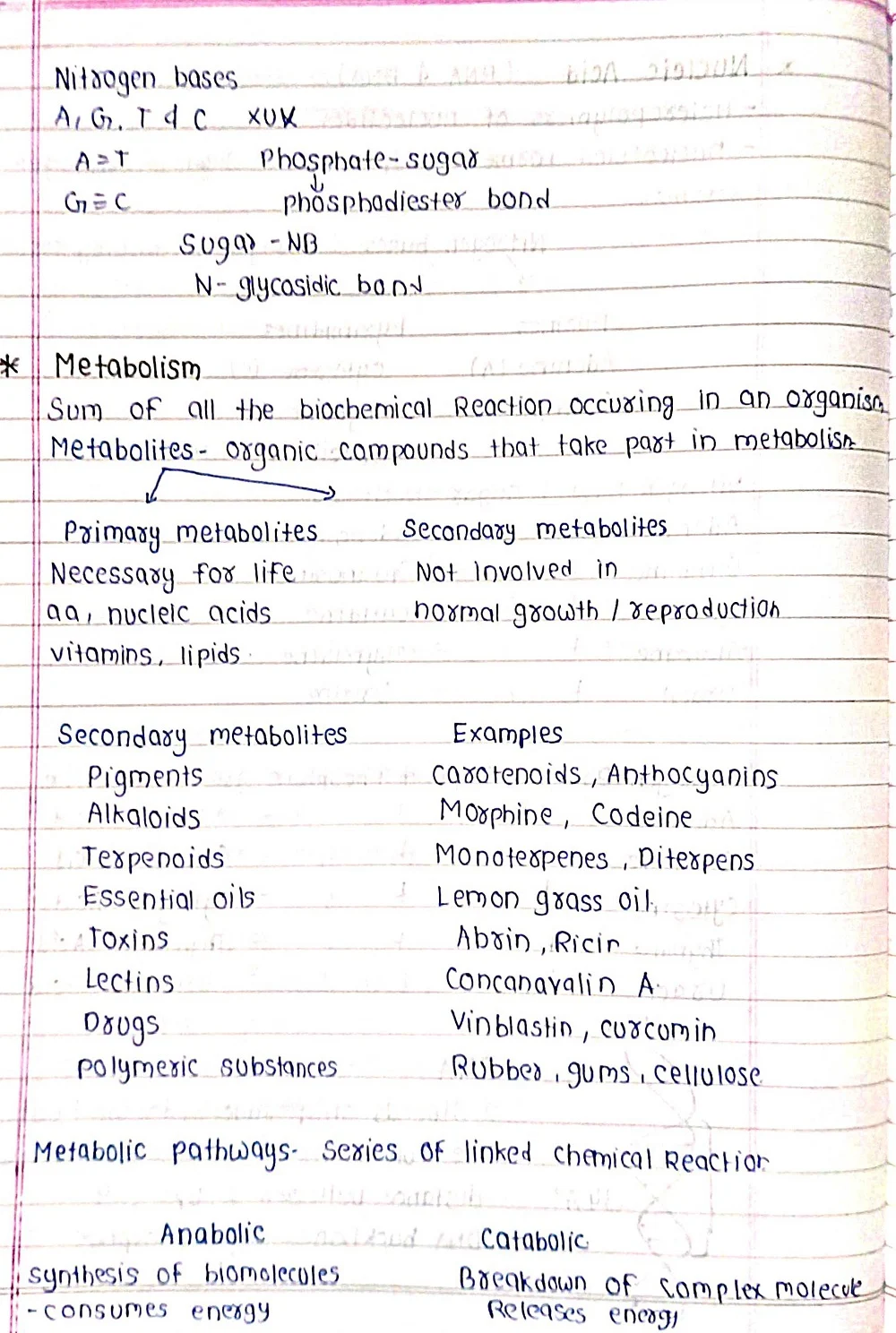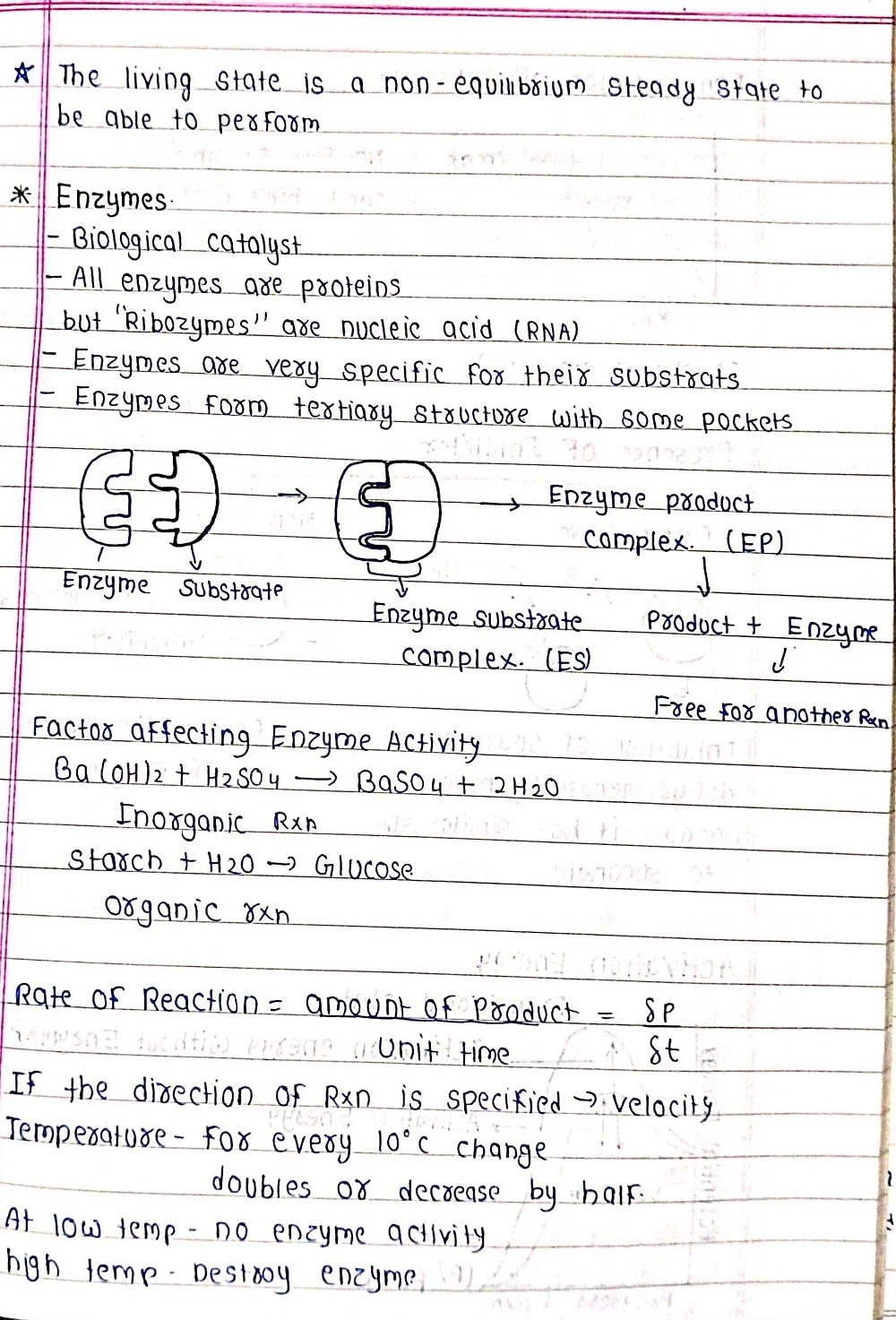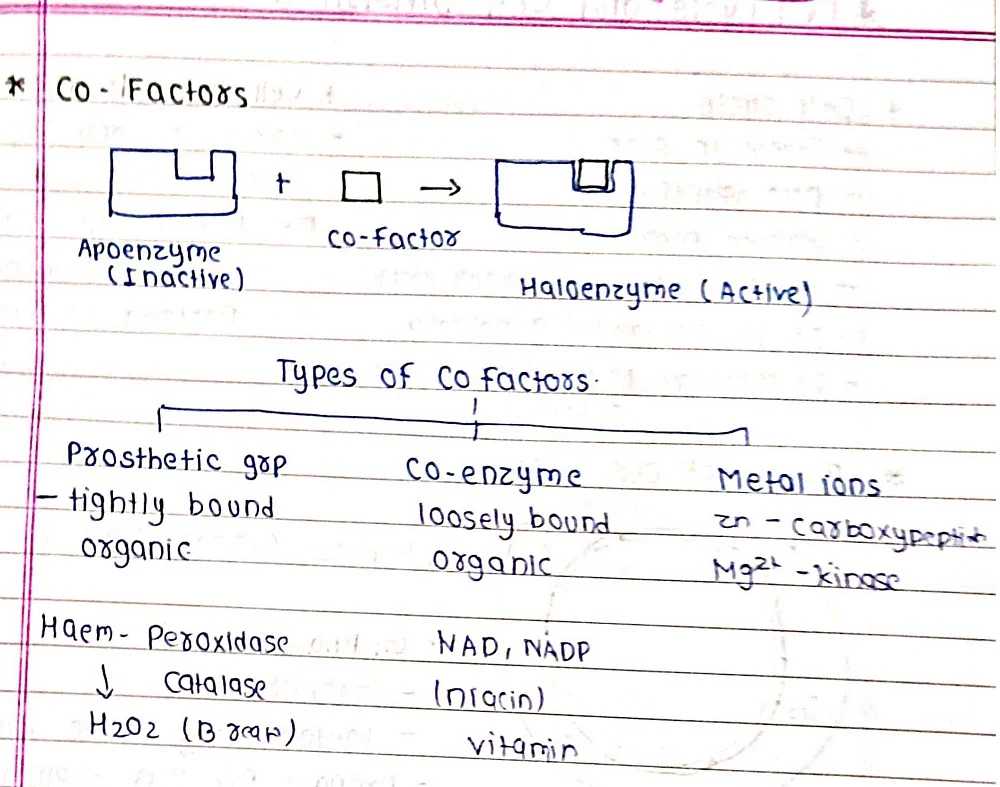Biomolecules - Living organisms are incredibly complex systems, but the foundation of their existence lies in a remarkable group of molecules called biomolecules. These organic molecules, essential for all biological processes, are the building blocks that orchestrate growth, repair, energy production, and inheritance of traits in living things.
What are Biomolecules?
Biomolecules are organic molecules synthesized by living cells. They encompass a wide range of sizes and complexities, from simple sugars to giant protein structures. Despite this diversity, biomolecules share a common characteristic: they all play vital roles in sustaining life.
Types of Biomolecules:
There are four major classes of biomolecules, each with distinct structures and functions:
1. Carbohydrates: Carbohydrates, also known as sugars and starches, are the primary source of energy for living organisms. They are made up of simple sugar units like glucose and can be complex (starch) or simple (glucose) molecules.
Examples: Glucose, fructose, cellulose, glycogen
2. Lipids: Lipids, also known as fats and oils, serve as energy storage molecules and provide insulation. They are hydrophobic (water-fearing) molecules with diverse structures.
Examples: Triglycerides, cholesterol, phospholipids
3. Proteins: Proteins are the most versatile biomolecules, acting as enzymes, transporters, structural elements, and signaling molecules. They are complex chains of amino acids arranged in specific sequences that determine their function.
Examples: Enzymes (e.g., pepsin), antibodies, hemoglobin, keratin
4. Nucleic Acids: Nucleic acids, including DNA and RNA, store and transmit genetic information. They are complex molecules composed of nucleotides, which link together to form a chain.
Examples: Deoxyribonucleic acid (DNA), Ribonucleic acid (RNA)
Applications of Biomolecules:
The understanding of biomolecules has revolutionized various fields:
Medicine: Biomolecules are utilized in developing drugs, understanding diseases, and creating diagnostic tools.
Agriculture: Genetic engineering utilizes knowledge of biomolecules to improve crop yields and resistance to pests.
Biotechnology: Biomolecules are employed in biofuels, bioremediation, and the production of various bioproducts.
By studying biomolecules, we gain a deeper understanding of the intricacies of life and unlock possibilities for advancements in medicine, agriculture, and biotechnology.
FAQs about Biomolecules:
Q: Are biomolecules always produced by living things?
A: While most biomolecules are synthesized by living organisms, some exceptions exist. For instance, some simple sugars can be formed through non-biological processes.
Q: Can biomolecules be man-made?
A: Yes! Advancements in biotechnology allow scientists to synthesize various biomolecules, including artificial insulin and enzymes.
Q: What is the difference between carbohydrates and proteins?
A: Carbohydrates are primarily energy sources, composed of simple sugar units. Proteins, on the other hand, are much more complex and perform diverse functions like building tissues and carrying out cellular processes.
Q: What happens if a certain biomolecule is deficient in the body?
A deficiency in a specific biomolecule can lead to various health problems. For example, a lack of insulin, a protein hormone, can cause diabetes.
Q: How will the study of biomolecules benefit the future?
A: Understanding biomolecules holds immense potential for the future. It can contribute to developing personalized medicine, creating new biomaterials, and engineering crops with enhanced nutritional value.



